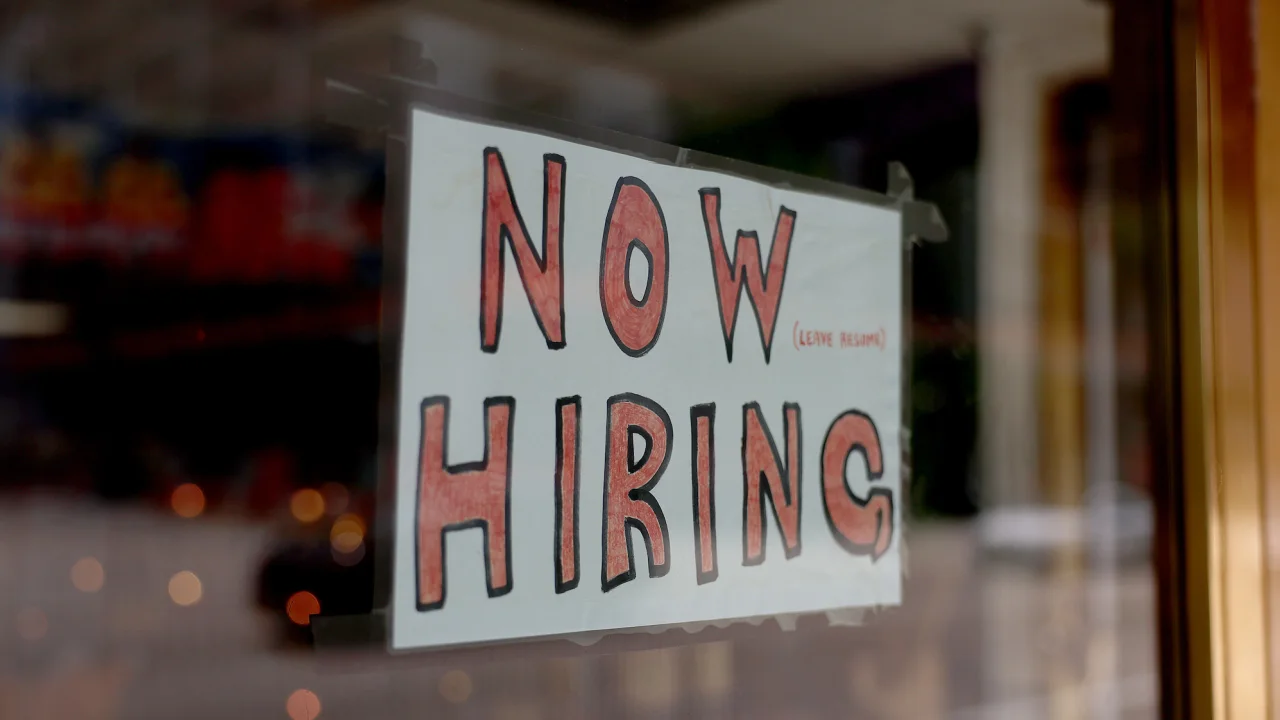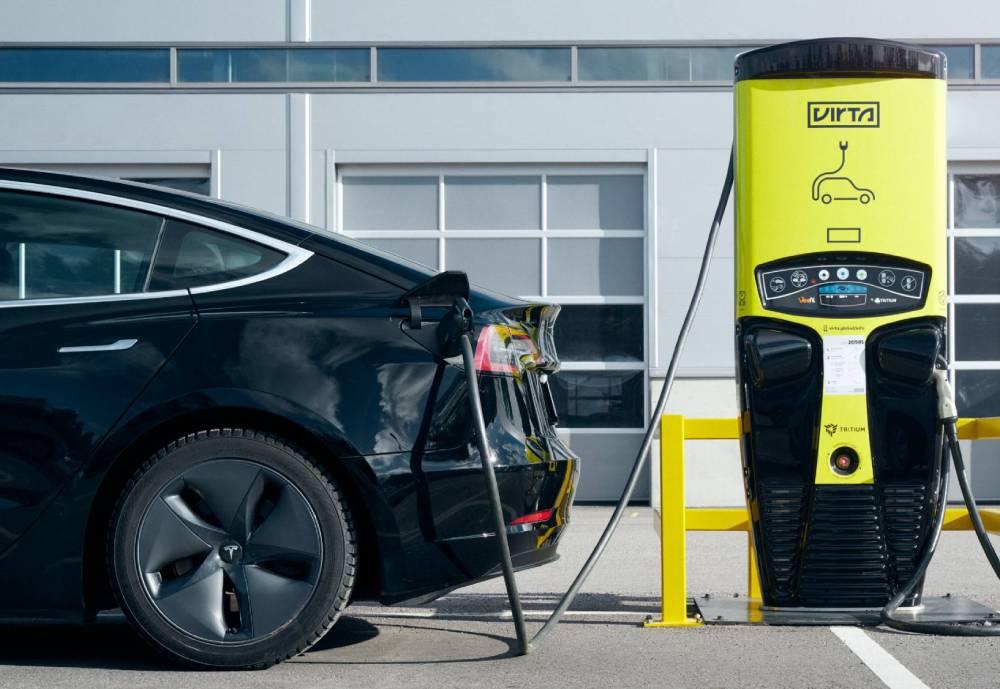Anticipating a Continued Decline in US Inflation
The United States is expected to witness a continued slowdown in inflation, a trend that has garnered significant attention. Several crucial factors are contributing to this deceleration, shaping the economic landscape and influencing the trajectory of inflation in the country.
1. Supply Chain Stabilization
One of the primary drivers behind the slowdown in US inflation is the stabilization of global supply chains. The disruptions caused by the COVID-19 pandemic, which initially led to supply shortages and price spikes, are gradually easing. As the supply chain bottlenecks clear, the upward pressure on prices is subsiding.
2. Labor Market Dynamics
Labor market dynamics also play a crucial role. While the job market has seen significant improvements, wage growth remains moderate. Without substantial wage increases, consumer spending power is constrained, limiting the ability of businesses to pass on higher costs to consumers.
3. Base Effects
Part of the recent spike in inflation can be attributed to what economists refer to as “base effects.” These are temporary factors that resulted from a comparison to a period of extremely low inflation in the prior year. As these base effects diminish, the year-over-year inflation rate is expected to moderate.
4. Federal Reserve’s Role
The Federal Reserve, the central bank of the United States, plays a pivotal role in shaping inflation trends. The Fed has indicated a commitment to maintaining its accommodative monetary policy for some time, which includes keeping interest rates relatively low. This stance aims to support economic recovery while preventing runaway inflation.
5. Global Factors
In today’s interconnected world, global factors also influence domestic inflation. Commodity prices, exchange rates, and international trade dynamics all have a bearing on US inflation trends. Global events and policies, such as changes in oil prices or trade agreements, can impact domestic price levels.
6. Consumer Behavior
Consumer behavior, particularly in response to changing prices and economic conditions, affects inflation. If consumers become more cautious in their spending or if they adjust their expectations regarding future prices, it can have a dampening effect on inflationary pressures.
Conclusion: A Complex Interplay of Factors
The expected slowdown is the result of a complex interplay of factors, including supply chain stabilization, labor market dynamics, base effects, central bank policy, global influences, and consumer behavior. While it remains a topic of close scrutiny, it is important to recognize that economic conditions are subject to change, and policymakers will continue to adapt their strategies to maintain price stability and support sustainable economic growth.









